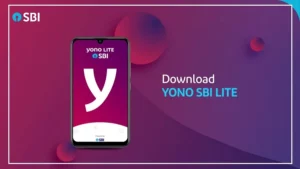With the rise of digital payments and UPI (Unified Payments Interface), cyber criminals have come up with a new way to cheat users.
They are now creating fake versions of popular UPI apps like Google Pay, PhonePe, and Paytm.
These fake apps are becoming a significant threat, particularly for shopkeepers, small business owners, and everyday UPI users.
How Do These Fake UPI Apps Work?
Fraudsters are using fake UPI apps to trick shopkeepers and traders. These fake apps closely resemble the real apps and even show fake payment confirmations.
In some cases, a soundbox installed in stores also announces that the payment has been received. However, in reality, no money is transferred to the shopkeeper’s account.
These fake apps are typically spread through Telegram and other online platforms, increasing the risk of fraud.
How the Fraud Happens
Fraudsters approach shopkeepers, posing as customers.
They make fake payments through the fake UPI apps.
The app shows the payment as successful, and the soundbox confirms it by saying “Payment received.”
Trusting the app and the soundbox, the shopkeeper hands over the goods.
But no payment is actually made, and the fraudster leaves with the goods.
How to Avoid This Cyber Fraud
Verify Payments: Always check your bank account or the original UPI app to ensure the payment has been received.
Don’t Trust Soundbox Alerts: Never rely solely on soundbox alerts; these can be manipulated.
Download from Trusted Sources: Always download UPI apps from Google Play Store or Apple App Store.
Be Cautious of New Apps: If a customer uses an unfamiliar or new payment app, be cautious.
Report Fraud: Immediately report any suspicious activity to Cyber Helpline 1930 or lodge a complaint with the nearest police station.
Stay vigilant and ensure you are using legitimate UPI apps to avoid falling victim to these frauds.























